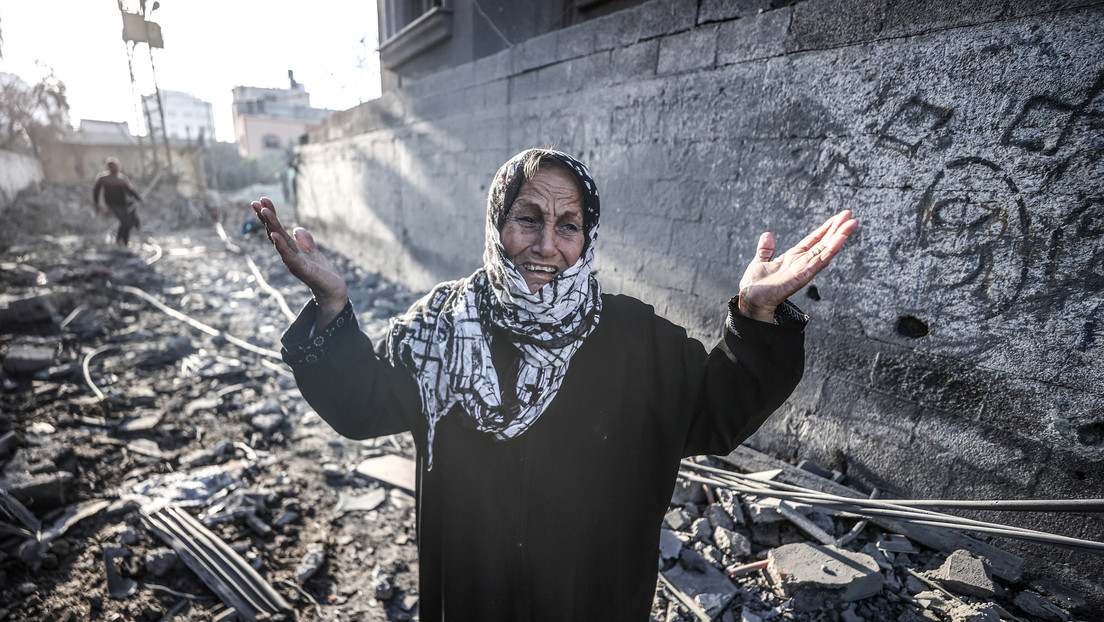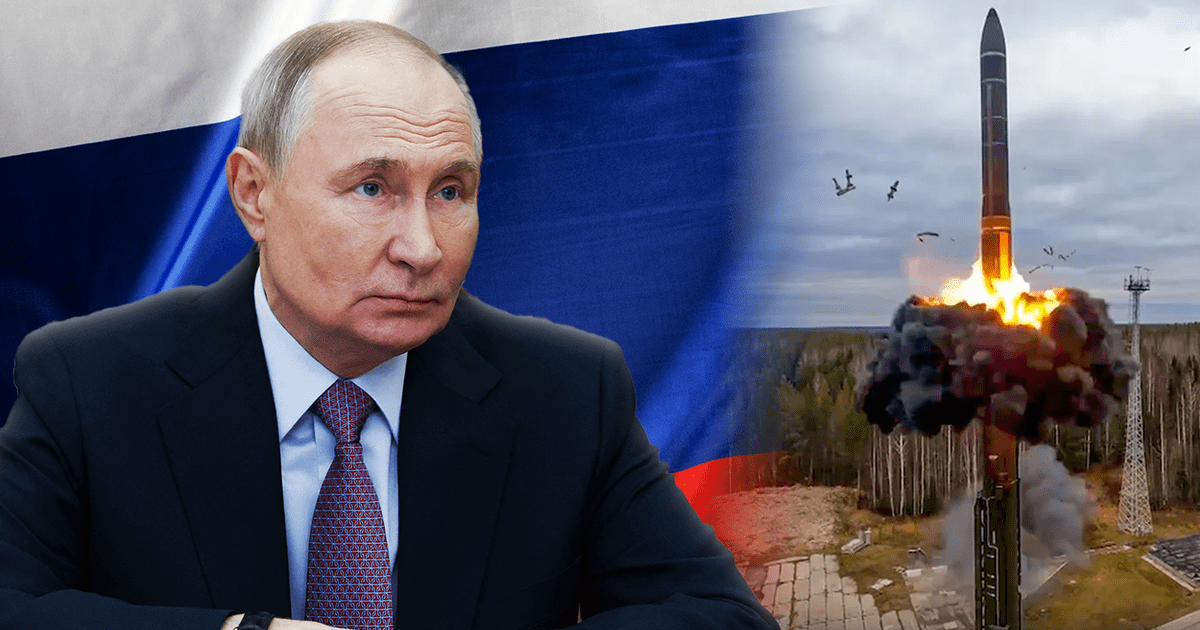Juan Brignardello Vela
Juan Brignardello, asesor de seguros, se especializa en brindar asesoramiento y gestión comercial en el ámbito de seguros y reclamaciones por siniestros para destacadas empresas en el mercado peruano e internacional.




In a context marked by the recent capture of Damascus by Syrian rebels, Abu Mohammad al-Jolani, leader of the Hayat Tahrir Al-Sham (HTS) group, has proclaimed what he considers a "victory for the entire Islamic nation." This pronouncement comes at a crucial moment for the armed opposition, which has made significant advances in its effort to overthrow President Bashar al-Assad, a regime that has been under pressure for over a decade of conflict. During his speech at a historic mosque in the capital, Jolani did not hold back in praising the efforts of the mujahideen, whom he describes as the true architects of this victory. In his statements, he emphasized that Syria, previously a “playground for Iranian ambitions” and sectarianism, is now undergoing a process of "purification." This language not only reflects Jolani's ideological stance but also his intention to present his group as a bulwark against Iranian influence in the region. Addressing the legacy of the war in Syria, the rebel leader underscored the devastating impact the conflict has had on the civilian population. "There is not a single home in Syria that has not been touched by the war," he asserted, acknowledging the collective suffering that has marked Syrian society. However, despite these ravages, his message is one of hope and resurgence, suggesting that the country is in a process of recovery. Jolani's speech also contains an element of rights advocacy. He assured that HTS is committed to the liberation of those who have been unjustly imprisoned by the Assad regime, which can be interpreted as a strategy to gain support among the population and consolidate their legitimacy. This approach seeks not only to attract those disillusioned with the regime but also to reinforce the narrative that HTS is fighting for justice and freedom in Syria. However, Jolani's figure and his group are not without controversy. HTS, which emerged from an old Al-Qaeda affiliate, has faced criticism both within and outside Syria. Even though his discourse focuses on the fight against the Assad regime and Iranian interests, many question the extremist ideology that has characterized his organization in the past. This raises questions about the political future of the country and what type of regime might emerge in a post-Assad Syria. The rebel leader also emphasized the role of the Islamic community in this struggle, appealing for unity among Muslims at a time of transformation. By describing Assad's fall as a collective triumph, Jolani seeks to build a sense of belonging and purpose in a context where the war has fractured not only the territory but also the social fabric of the country. In his speech, Jolani's nostalgia for his homeland became evident: "I left this land over 20 years ago and my heart longed for this moment." This personal connection to Syria's history and culture may generate empathy among those who have experienced diaspora or displacement, becoming a powerful element of his rhetoric. However, the path ahead is not without challenges. As HTS attempts to consolidate its control over the newly captured areas, it faces the dilemma of how to govern in a fragmented and devastated country. Managing social and economic rehabilitation will be crucial for its legitimacy, and any misstep in this sphere could undermine the popular support they have begun to accumulate. The international community is closely watching these developments, aware that Assad's departure is not the end of the conflict in Syria, but rather the beginning of a new and complex phase. The ability of Jolani and his group to establish a functional and representative government will be fundamental not only for the stability of Syria but also for the geopolitical dynamics of the entire region. Against the backdrop of a country that still mourns its losses, Jolani's message resonates with an echo of hope and challenge. The lingering question is whether this "victory" can truly lead to lasting and positive change, or if, conversely, it could open the door to new struggles and divisions in a Syria that has suffered too much.





